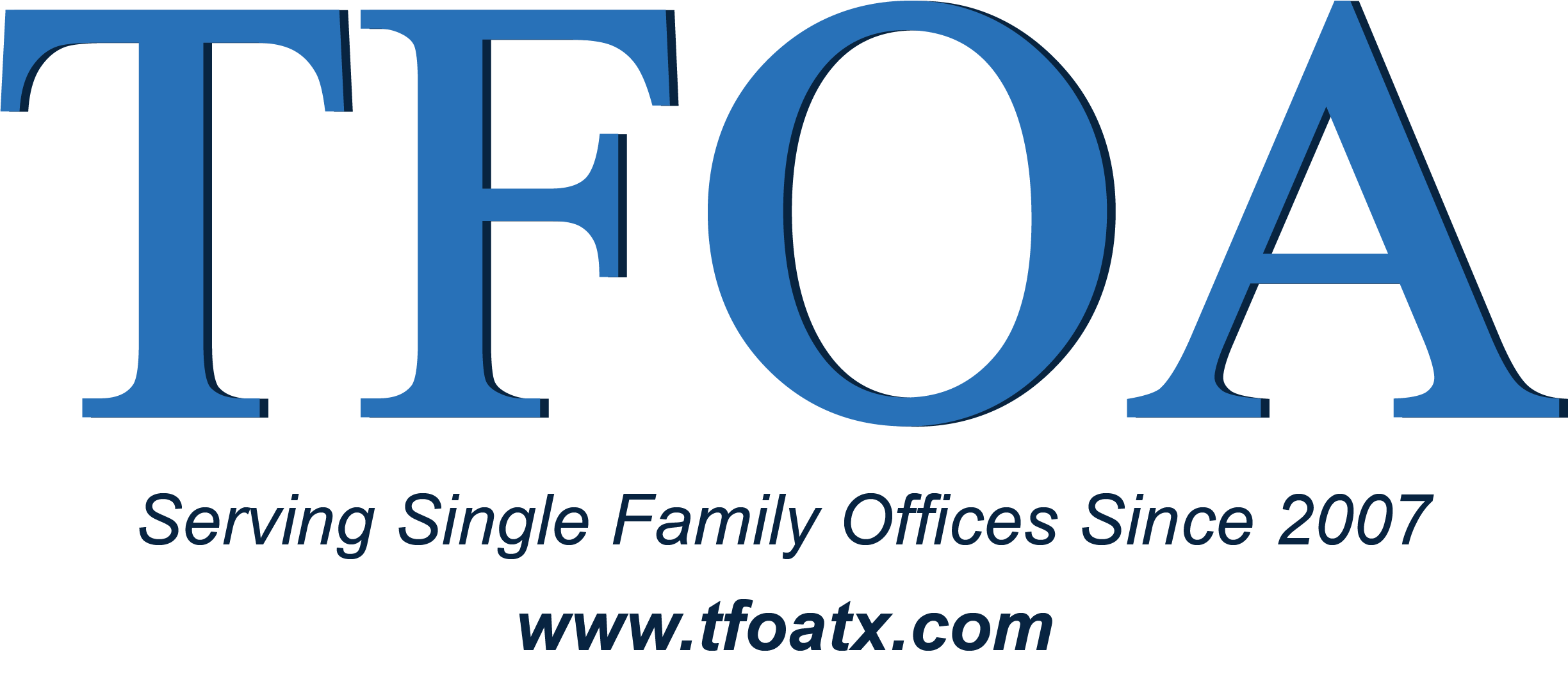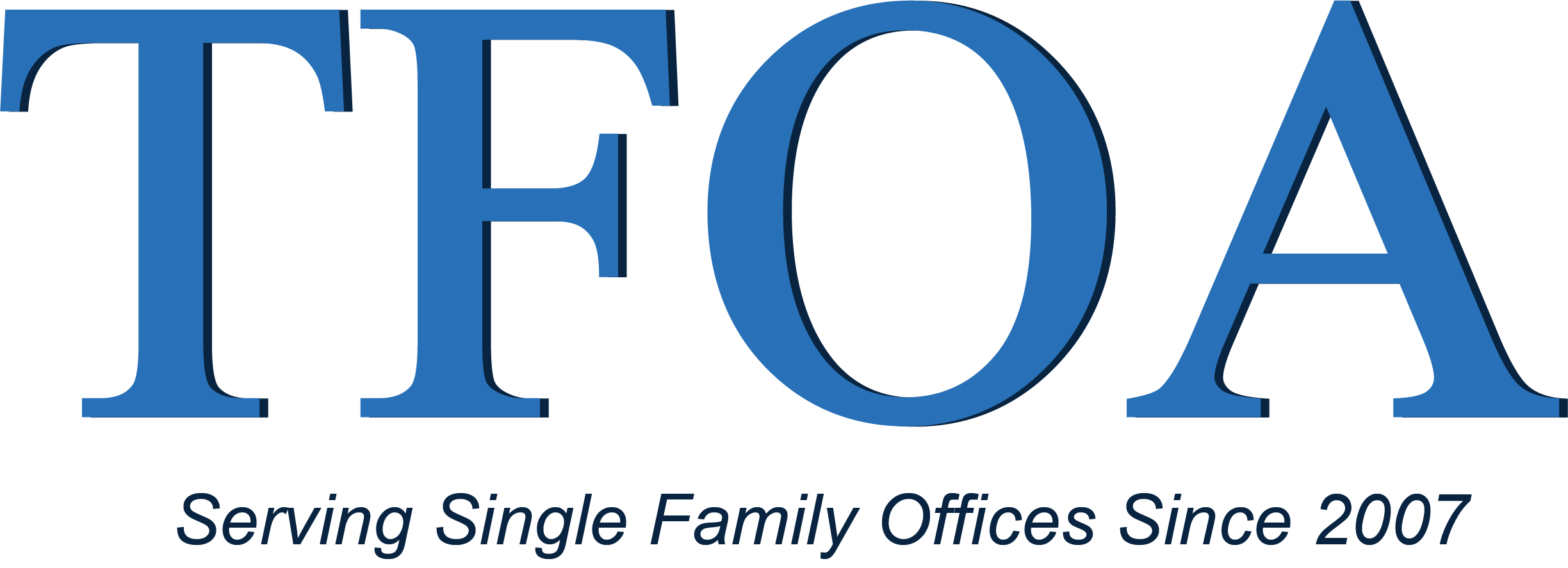Best Practices for Single Family Office Governance

Governance is an important issue for any professionally run Single Family Office (“SFO”). Indeed, an SFO that is intended to serve a family for generations is well advised to develop and implement an effective and appropriate governance structure that can significantly enhance the long-term success of the office.
At its core, governance is simply a set of procedures that define how an SFO will make decisions. For governance to be effective, the owners, overseers (board of directors or advisors) and executive management must be informed, understand their respective roles and responsibilities, and run the SFO accordingly.
Typically, a successful individual will create an SFO following a liquidity event of some sort. The founder will design the SFO to suit his or her needs and interests. As with any business run by a controlling owner, there isn't a great need for formal governance at this stage, because the owner is fully informed, understands the goals and objectives of the SFO, and may even handle some of the critical roles of the office. Unless the controlling owner has a formal governance mindset, they’ll generally run the SFO with minimal overhead or formal structure, making many decisions 'ad hoc', The controlling owner will often rely on external advisors or a key staff member who knows what is needed and can implement the controller owner's wishes.
This kind of organic, first-generation governance can work quite effectively, at least in the early years of a family office’s life. The SFO runs smoothly, makes investments, and accomplishes tasks. However, when the SFO comes to be managed for the benefit of a wider group - typically, upon the controlling owner's death, when the assets pass to descendants or trusts for their benefit - the absence of established, governance policies can create a vacuum. Without the founder around, suddenly no one really knows who's in charge, what needs to be done, who's responsible for doing it, or how that performance will be measured or compensated. If the next generation hasn't been prepared for their new roles, there may be a struggle for dominance, or the opposite: fearing conflict, family members may simply abdicate.
The SFO may slowly collapse, or a non-family member may come to fill the vacuum, for good or for ill.
Successful SFOs have strong governance policies to ensure the organization operates in accordance with the family’s long-term mission and values over multiple generations. These governance structures must be robust yet flexible enough to withstand family conflict, generational transitions, and disruptive changes in the investment environment, whether anticipated or unanticipated the following are key elements of a good governance structure:
1. The family has clearly articulated its mission, values and vision for the future, and the strategic plan of the SFO is built around this core.
2. The SFO's strategic plan goes beyond investing and includes education of family members, to promote effective stewardship over the long term.
3. The owners have appointed a board of directors to provide perspective, access to specialized experience/skills, and to set strategy and investment policy. The board includes individuals who are not members of the family, members of the management team, or external service providers to the SFO.
4. The powers, rights, and responsibilities of owners, board, and management are clearly spelled out and followed.
5. Management is free to implement the SFO’s strategy, without daily interference from the family or the owners.
6. There are regular owners' and board meetings, with written agendas and complete minutes. Information necessary for effective decision making is distributed well in advance of voting, and there is adequate time for discussion.
7. SFO performance reports are clear, comprehensive, and timely, so that decision-making can be based on accurate and complete information.
An SFO can do much to align its operations with the family's interests, particularly in times of generational change. Some SFOs find that family office meetings become a venue for family members to air family grievances. The SFO can encourage and support the development of a Family Council to provide a forum for discussions of family issues separate and apart from the SFO. SFOs can play a key role in promoting family education, modeling best practices, training next generation family members, and fostering an attitude of stewardship.
SFOs are typically designed to serve multiple generations of a family, but an SFO is not eternal. Over the past decade, there have been well-publicized stories of substantial SFOs that crumbled under the conflicting demands and high costs of serving tens or hundreds of family members, each with comparatively modest holdings. Other SFOs, recognizing that they could no longer achieve the family's mission and vision, or that the mission and vision had changed in such a way that the SFO’s activities were no longer cost-effective, have undertaken carefully orchestrated dissolutions. Families should recognize that dissolving an SFO is inevitably a complex, expensive and time-consuming process, and seek the advice of peer families or professional consultants who have navigated this experience successfully.
The Family Office Association ("TFOA") is an affinity group dedicated primarily to the interests of Single Family Offices. TFOA is intended to provide members with educational information and a forum in which to exchange information of mutual interest. TFOA does not participate in the offer, sale or distribution of any securities nor does it provide investment advice. Further, TFOA does not provide tax, legal or financial advice. Materials distributed by TFOA are provided for informational purposes only and shall not be construed to be a recommendation to buy or sell securities or a recommendation to retain the services of any investment adviser or other professional adviser. The identification or listing of products, services, links or other information does not constitute or imply any warranty, endorsement, guaranty, sponsorship, affiliation or recommendation by TFOA. Any investment decisions you may make based on any information provided by TFOA is your sole responsibility. The TFOA logo and all related product and service names, designs, and slogans are the trademarks or service marks of The Texas Family Office Association. All other product and service marks on materials provided by TFOA are the trademarks of their respective owners. All of the intellectual property rights of TFOA or its contributors remain the property of TFOA or such contributor, as the case may be, such rights may be protected by United States and international laws and none of such rights are transferred to you as a result of such material appearing on the TFOA web site. The information presented by TFOA has been obtained by TFOA from sources it believes are reliable. However, TFOA does not guarantee the accuracy or completeness of any such information. All such information has been prepared and provided solely for general informational purposes and is not intended as user specific advice.
